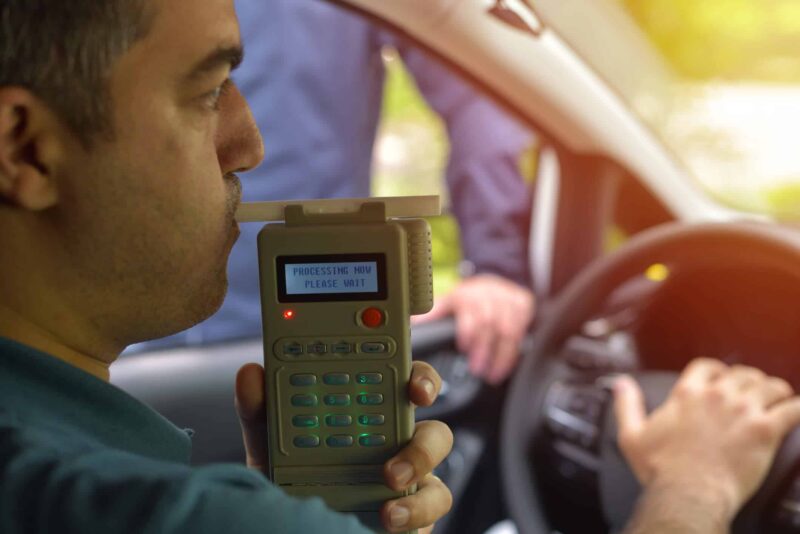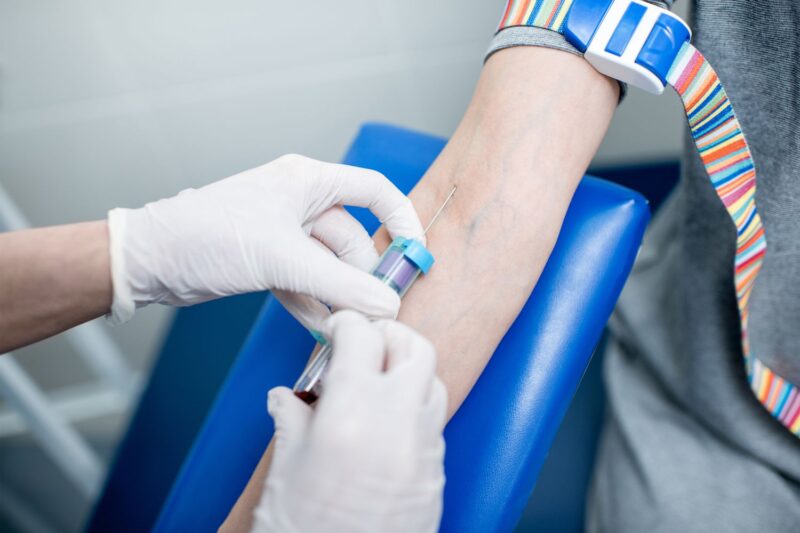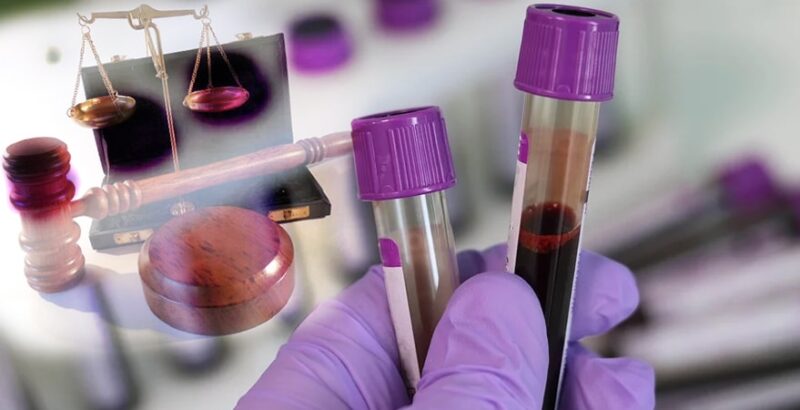In cases involving driving while intoxicated (DWI), breathalyzers and blood tests are often used as key pieces of evidence. These tests are seen as reliable tools for determining a person’s blood alcohol concentration (BAC), but their accuracy and legality can be challenged in court. Understanding how these tests can be contested is vital for both defendants and those involved in the legal process.
Common Grounds for Challenging Breathalyzer Results

Breathalyzer tests are commonly used in DWI cases because they provide a quick and easy way for law enforcement to determine if a driver is over the legal limit. However, there are several ways that the results of a breathalyzer test can be challenged in court.
Calibration and Maintenance Issues
One of the most common defenses against breathalyzer results is the argument that the device was not properly calibrated or maintained. Breathalyzers require regular calibration to ensure accurate readings, and if a device has not been calibrated correctly, it may provide false or misleading results. A defense attorney may challenge the breathalyzer test by examining the maintenance logs and calibration records of the machine used in the case.
Officer Misconduct or Error
Another challenge to breathalyzer results involves potential officer error or misconduct. For instance, if the officer administering the test did not follow proper procedures, the results may be called into question. This could include not waiting the required amount of time between stopping the driver and administering the test, or failing to ensure that the driver had not ingested anything that could interfere with the test, such as mouthwash or gum.
Medical Conditions and Other Factors
Certain medical conditions or physiological factors can also affect the accuracy of breathalyzer results. For example, individuals with diabetes or certain gastrointestinal issues may have higher concentrations of acetone in their breath, which could be mistaken for alcohol. If a defendant has a medical condition that could influence the test results, this may be raised as part of their defense.
Challenges to Blood Test Results

Blood tests are another method used to determine BAC, and while they are generally considered more accurate than breathalyzers, they are not immune to challenges in court. Several factors can influence the reliability of blood test results, and defense attorneys may use these factors to question the evidence.
Contamination During the Collection Process
Blood tests require proper handling and storage to ensure the accuracy of the results. If a sample is contaminated during the collection process, such as through improper sterilization or incorrect handling by medical personnel, the blood sample could be compromised, leading to inaccurate results. A defendant’s legal team may request to see the procedures followed during the collection of the blood sample to identify any potential issues.
Chain of Custody Issues
For blood test results to be valid in court, the chain of custody of the blood sample must be properly documented. This means that each person who handles the blood sample must be recorded, and the sample must be kept secure throughout the entire process.
If there is a break in the chain of custody, meaning the sample was not properly tracked or stored, the evidence may be inadmissible in court. Defense attorneys will often scrutinize the documentation related to the chain of custody to find any discrepancies that could be used to challenge the blood test results.
Delays in Testing
The timing of the blood test is another important factor in determining its accuracy. Alcohol levels in the blood can change over time, so a delay in testing could result in a reading that does not accurately reflect the driver’s BAC at the time of the incident.
For instance, if there is a significant delay between the time the blood was drawn and the time it was tested, the results could be called into question. In some cases, a defense attorney may argue that the delay led to inaccurate results.
Legal Support for Defendants

Defendants facing charges based on breathalyzer or blood test results need strong legal representation to navigate the complexities of challenging this type of evidence. A skilled DWI lawyer Pennsylvania can help identify potential issues with the testing process and work to ensure that their client’s rights are protected. A DWI lawyer Pennsylvania will also be familiar with local laws and the nuances of challenging breathalyzer and blood test results in court, which can make a significant difference in the outcome of the case.
Conclusion
Breathalyzers and blood tests are essential tools for law enforcement when determining whether a driver is under the influence. However, these tests are not flawless, and there are various ways that their results can be challenged in court.
Whether it’s questioning the accuracy of a breathalyzer, challenging the collection or handling of a blood sample, or addressing potential issues with officer conduct, defendants have several avenues to contest the evidence against them. For those facing DWI charges, consulting with a qualified DWI lawyer Pennsylvania can provide invaluable support in challenging these tests and seeking a favorable outcome.



